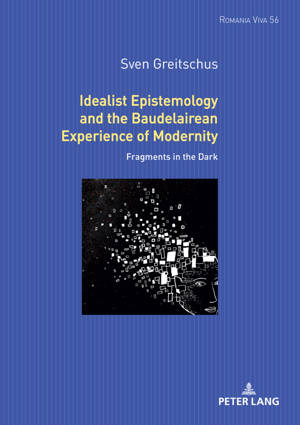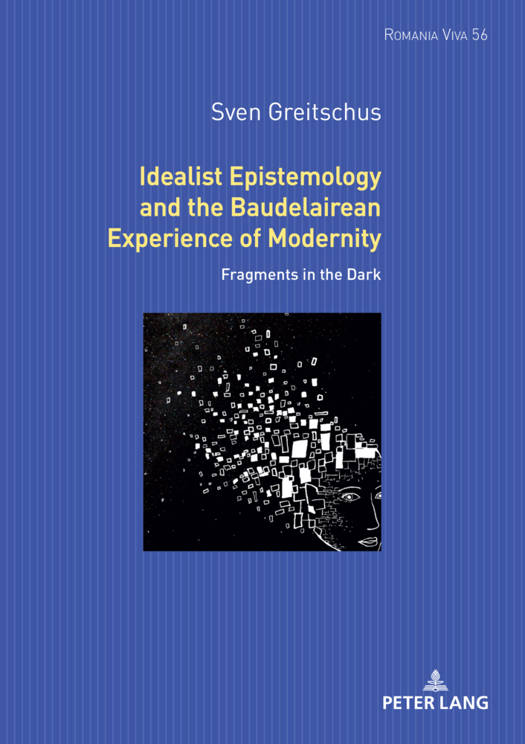
- Afhalen na 1 uur in een winkel met voorraad
- Gratis thuislevering in België vanaf € 30
- Ruim aanbod met 7 miljoen producten
- Afhalen na 1 uur in een winkel met voorraad
- Gratis thuislevering in België vanaf € 30
- Ruim aanbod met 7 miljoen producten
Zoeken
Idealist Epistemology and the Baudelairean Experience of Modernity
Fragments in the Dark
Sven Greitschus
€ 65,45
+ 130 punten
Omschrijving
This study proposes an epistemological model on the basis of a streamlined and heavily modified German Idealism. With an analytical focus on the French Second Empire, the underlying research question is rather straightforward: how is knowledge created in material modernity? Using my epistemological model as a methodology for cultural criticism, a second research question emerges: how does the creation of knowledge in material modernity affect human existence? In this context, my argument revolves around the work of Charles Baudelaire, who, as the first poet of modernity, serves as a cultural-critical gateway. I conclude that the specific conditions of material modernity eventually produce an epistemological darkness ultimately leading to fatalism in the guise of a materialist teleology.
Specificaties
Betrokkenen
- Auteur(s):
- Uitgeverij:
Inhoud
- Aantal bladzijden:
- 316
- Taal:
- Engels
- Reeks:
- Reeksnummer:
- nr. 54
Eigenschappen
- Productcode (EAN):
- 9783631902103
- Verschijningsdatum:
- 27/03/2024
- Uitvoering:
- Hardcover
- Formaat:
- Ongenaaid / garenloos gebonden
- Afmetingen:
- 148 mm x 210 mm
- Gewicht:
- 530 g

Alleen bij Standaard Boekhandel
+ 130 punten op je klantenkaart van Standaard Boekhandel
Beoordelingen
We publiceren alleen reviews die voldoen aan de voorwaarden voor reviews. Bekijk onze voorwaarden voor reviews.











